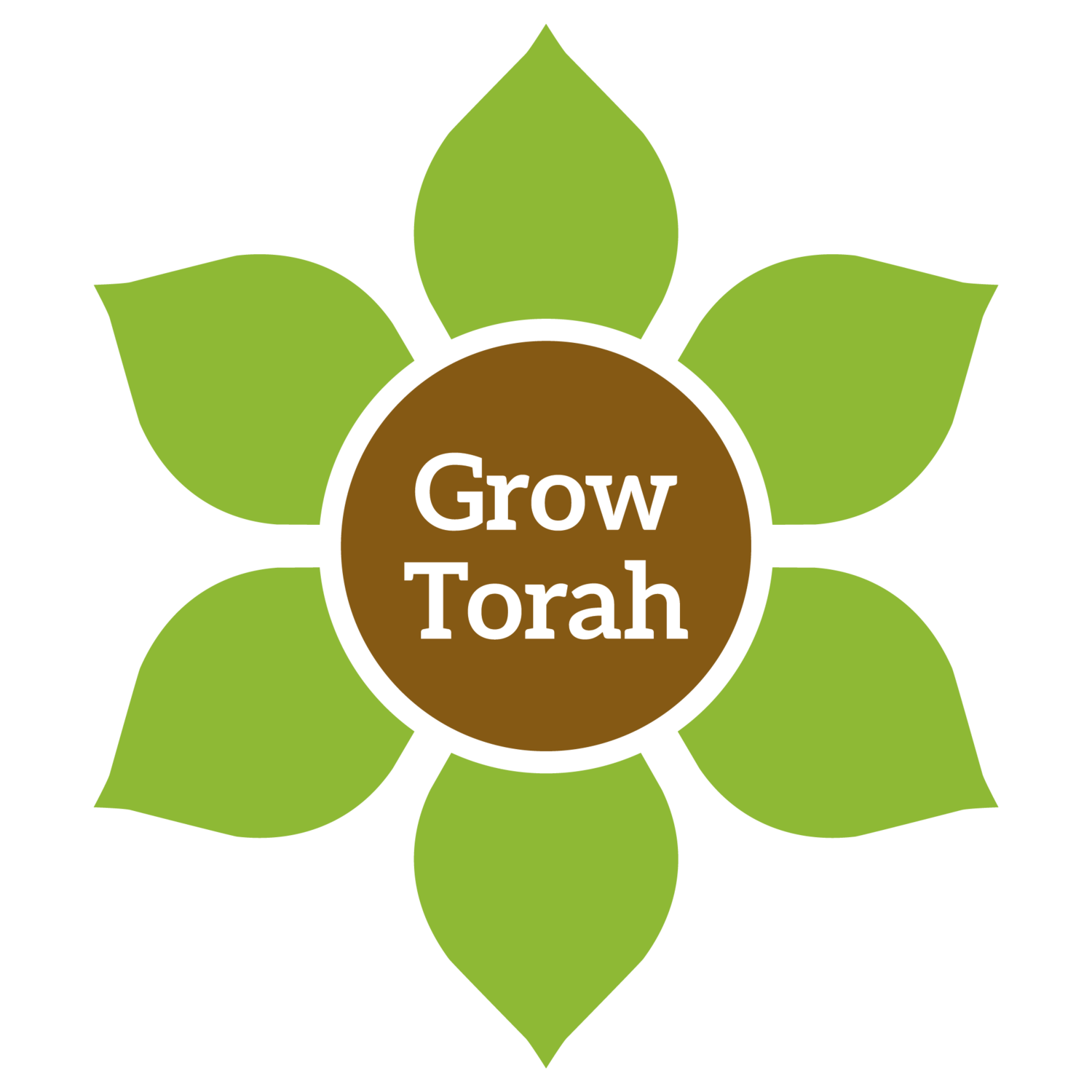Bal Tashchit - GrowTorah Q&A
The prohibition against wasting, Bal Tashchit, is one that comes up in many situations. This section deals with recognizing cases of Bal Tashchit.
1. What does Bal Tashchit apply to?
Everything :)
See this article for a background to the prohibition of Bal Tashcit (בל תשחית).
There is a distinction between fruit-bearing trees and everything else. The Rambam says that one would be punished with lashes for unnecessarily cutting down fruit bearing trees since the Torah specifically mentions them. For other waste one would get makkot mardut (מכות מרדות- rabbinical lashes) which is a less severe prohibition but still violates the commandment of bal tashchit since the law applies to all things of value.
The Gemara relates a story of an Amora (אמורא) who said that his son died only because he cut down a fig tree before its proper time. Today, people are very wary of cutting down fruit trees unnecessarily. There is a concept of chamira sakantah m’isura (חמירא סכנתא מאיסורא), in which a physical danger is more severe than a prohibition. In general, if there is something that may be prohibited but it is likely (more than a 50% chance) that it would be permitted, one can do it. However, if there is a potential danger then one has to be more strict. Some people apply this rule and, therefore, are more stringent about cutting down fruit trees.
2. If olive seeds are placed in a compost and they don’t decompose, would that be considered Bal Tashchit (בל תשחית)?
In order for something to be prohibited as bal tashchit, the fruit trees have to produce enough fruit to be economically meaningful. Fruit trees that drain energy and nutrients from other nearby fruit trees can be cut down for the benefit of those neighboring trees. One can cut down fruit trees to build a building, or to wage war if those are the only trees that will be cut down. People choose to cut down fruit trees only when the other option is an ilan srak (אילן סרק), trees that have no fruit. You have to choose the fruit trees first because ilan srak has economic value.
Since these olive seeds do not have any economic (or practical) value, there is no concern of bal tashchit if they do not decompose in a compost.
